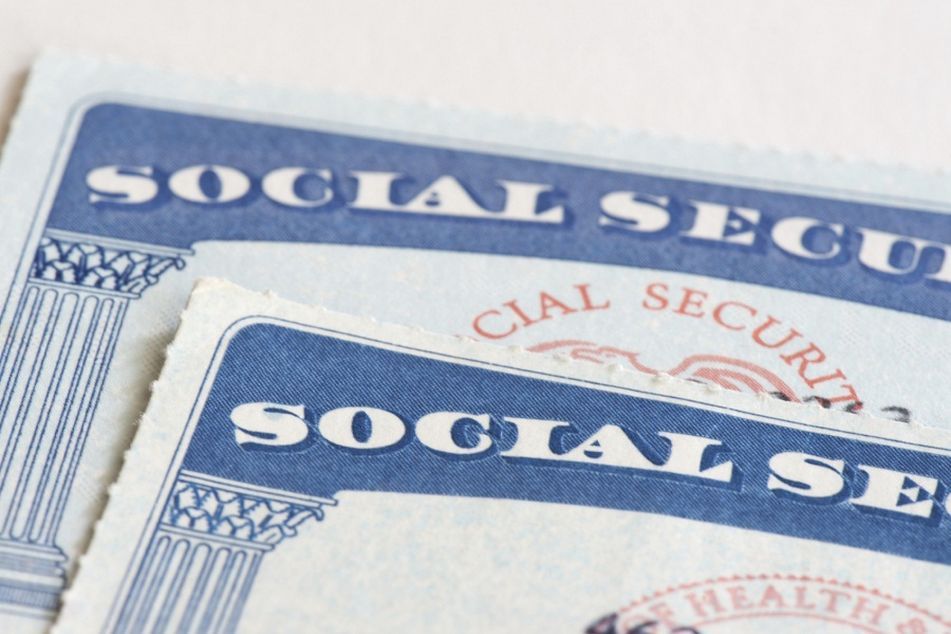Social Security’s special tax rule for repaying benefits

Amount of repayment determines method.
Increasingly, some financial advisers are encouraging their retirement-age clients who have no immediate need for extra income to repay Social Security benefits they’ve already received and reapply for benefits later when they will be worth more.
But what if those Social Security benefits have already been taxed? Is there a way to recoup taxes on benefits that are later repaid?
That’s the question Mary Dean, a financial planner with Dean Roland Russell Family Wealth Management in San Diego, posed in a recent email.
“My 68-year-old client will make over $100,000 in 2015 and does not need Social Security,” Ms. Dean wrote in an e-mail. “Her first Social Security check was received in December 2014,” she explained. “What form does she need to repay the Social Security received?”
Anyone who changes their mind within 12 months of first receiving Social Security retirement benefits can withdraw their application for benefits. But they must repay any benefits they have received, as well as any family benefits received on their earnings record. To withdraw their application for benefits, they must file Form 521, available on the Social Security Administration’s website. It is a once-in-a-lifetime option.
Then, they can reapply for benefits later at an older age when benefits will be higher. Benefits increase by 8% per year for each year one postpones claiming benefits beyond full retirement age up until age 70.
Ms. Dean said she expects her client to receive a Form 1099 from Social Security showing the amount of benefits she received in 2014, even if the money is repaid in 2015. “Can she later file an amended return?” she asked.
There is a special tax rule for people who repay Social Security benefits that previously were taxed.
To determine if Social Security benefits are taxable, each year a recipient must include one half of their benefits, plus all of their taxable income for the year, plus any tax-exempt interest such as interest on municipal bonds, to determine their provisional income.
If the total provision income exceeds $25,000 and you are single or $32,000 if you are married filing jointly, a portion of your Social Security benefits — up to 85% — is taxable.
IRS Publication 915, “Social Security and Equivalent Railroad Retirement Benefits,” explains how to recoup taxes on benefits you have repaid. Like most IRS worksheets, it’s not for the faint of heart.
“In some situations, your Form SSA-1099 will show that the total benefits you repaid (Box 4) are more than the gross benefits (Box 3) you received,” the publication explains. “If this occurred, your net benefits in Box 5 will be a negative figure … You can take an itemized deduction for the part of this negative figure that represents benefits you include in gross income in an earlier year.”
Small repayment amounts — $3,000 or less — must be included in miscellaneous deductions, which are subject to a 2% of adjusted gross income floor. That means, only amounts in excess of 2% of AGI are deductible.
Consequently, with only one Social Security benefit payment received in 2014, Ms. Dean’s client’s repayment would probably fall into the miscellaneous deduction category, meaning she would recoup little or nothing of the tax she paid on her Social Security benefit.
Repayment amounts in excess of $3,000 are treated differently. It’s a two-step process that requires you to calculate your current year’s taxes by claiming the repayment as an itemized deduction and as a credit against prior year taxes. You can claim whichever method results in a smaller tax.
(Questions about Social Security? Find the answers in my e-book: Maximizing Social Security Retirement Benefits.)
Learn more about reprints and licensing for this article.








